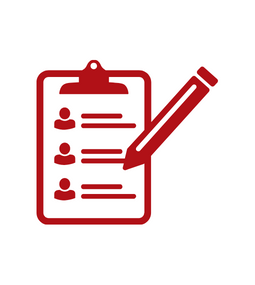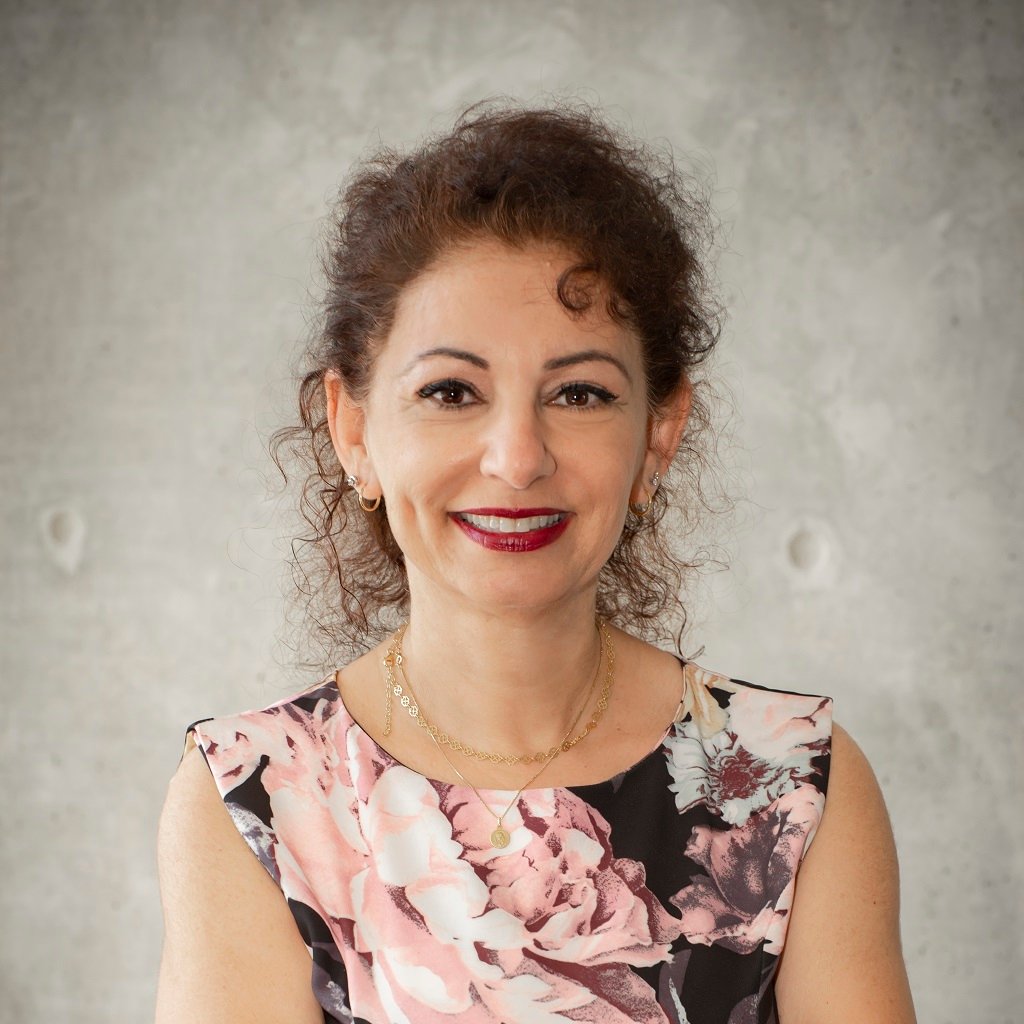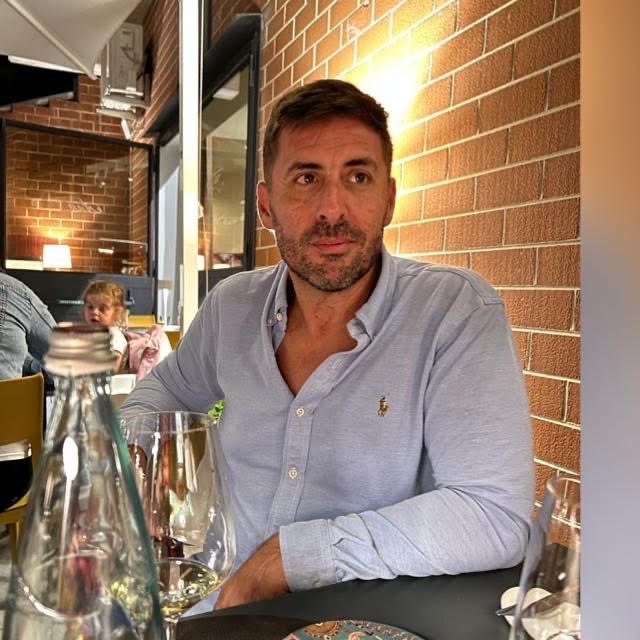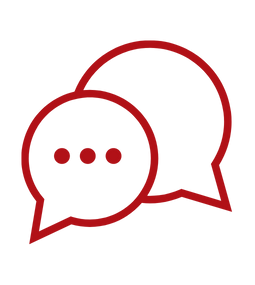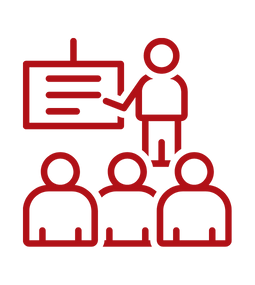SCHEDULE DETAILS The Role and Contribution of the SLP in Society
Detailed Abstract Booklet at the bottom of this page
Keynote Speech
Prof Fofi Constantinidou - Managing Acquired Brain Conditions with Integrative Clinical Neuroscience.
Neurological conditions affect brain health and are a leading cause of disability and loss of productive years. Acquired brain disorders (e.g., traumatic brain injury, stroke and dementia) are on the forefront as they result in debilitating neuropsychological challenges, including impairments in cognition, language, behavior and affect. These impairments hinder vocational integration for younger patients and social engagement in general. The resulting global societal and economic burden for people across their lifespan, is huge. In this presentation, we will integrate clinical neuroscience research to characterize and manage these conditions. First, we will discuss challenges and opportunities resulting from common conditions affecting brain health. Second, we will present data on the long-term effects of brain injury, the underlying neurophysiology (structure and function) associated with neurocognitive and psychosocial functioning and the association between brain reserve and
cognitive reserve. Third we will discuss the most prominent neurorehabilitation pathways and theory driven treatment programs. Finally, we will provide research evidence from
integrative clinical neuroscience efforts designed to improve neuropsychological functioning and will conclude with directions for policy and future research.
Learning objectives:
By the end of this symposium attendees will:
1. Gain knowledge on the impact of acquired brain conditions on cognitive-communication and psychosocial functioning.
2. Describe how advances in neuroscience research can inform the management of acquired brain conditions, including precision or person-centered rehabilitation.
3. Explain various neurorehabilitation pathways and a neurological bio psychosocial approach towards improving brain health.
4. Associate concepts such as brain reserve and cognitive reserve and their contribution to recovery of function.
5. Discuss common and novel biomarkers of brain structure and function.
Parallel Sessions
AAC
10.15 – 10.35
Ms Teodora Aleksic - The speech and language therapist’s role in supporting AAC users to participate in society
10.35 – 10.55
Ms Sarah Jayne Camenzuli - The implementation of the Picture Exchange Communication System (PECS) with children with Autism: the perceptions of Speech and Language Pathologists (SLPs), Learning Support Educators (LSEs) and parents
10.55 – 11.15
Ms Louisa Frendo Wirth - Investigating the use of a novel multimodal device in lexical assessment and intervention for 3- to 6-year-old bilingual Maltese children
Speech Sound Disorders / Auditory perception
10.15 – 10.35
Dr Pauline Miggiani - The Maltese Adaptive Auditory Speech Test (AAST)
10.35am – 10.55am
Ms Maria Formosa Camilleri - Speech Sound Disorders and Phonological Awareness Skills in Maltese Children aged 4 to 6 years
10.55 – 11.15
Ms Loridana Buttigieg - Facilitating the assessment and analysis of child’s speech in the Maltese context
Parallel Sessions
ASD / Collaboration with LSE
11.45 – 12.05
Ms Lisa Abela & Ms Erica Bonello - SLPs and LSEs. How do we support them and how can we support them further?
12.05 – 12.25
Ms Donna Attard - Exposing a child with Autism Spectrum Disorder (ASD) to more than one language in the home: is it beneficial?
12.25 – 12.45
Ms Sarah Vella - Dance/movement therapy for Autism
Literacy / Dyscalculia
11.45 – 12.05
Ms Cristina Dimech - Teacher-led text structure intervention to improve reading comprehension
12.05 – 12.25
Dr Loredana Muscat - Literacy-related skills and literacy environments of Maltese children and adolescents with Down Syndrome
12.25 – 12.45
Ms Bianca Schembri - The development of the Maltese-English numeracy test for primary school children in Malta
Keynote Speech
Dr Edward Curmi - How to be mindful at your workplace
We spend one third of our life at our workplace. Many of us underestimate the impact of stress in our work place. The fact that most of us chose to do what we love creates an assumption that our job can never have a negative impact on our life. Unfortunately, the reality is very different. Work place stress is a true reality and the impact on our mental well-being cannot be underestimated. In the latest research conducted by Misco in Malta, 63% of employees experienced mental health issues such as stress and anxiety related to work. When respondents were asked how they rate their mental wellness on a scale of 1 to 4, where 1 meant very poor and 4 meant very good, 69% rated it positively and 31% rated it negatively. (Misco, 2021)
The truth of the matter is that our work place is our second home, our second family and a very complex dynamic with all the strengths and weaknesses that come with such an entity.
So, what are the typical stressors one finds at the work place?
How can we identify whether they are having an impact on our daily life?
What can we do to prevent and cope better with such work force stress realities?
Parallel Sessions
Dysphagia / Transgender Voice
9.45 – 10.05
Ms Carol Ciantar - Prosody in the transgender woman’s voice: investigating the role of breathiness and pitch
10.05 – 10.25
Ms Christina Coppini - The concurrence of Oropharyngeal and Esophageal Dysphagia according to high-resolution manometry assessment
10.25 – 10.45
Ms Erika Gatt Coleiro - Thickener effect on fluid intake in the older, hospitalised patient with Dysphagia: a pilot study
Language Development: nature vs nurture
9.45 – 10.05
Ms Estelle Zahra - The linguistic profiles of school-aged children with a history of maltreatment: a review of current literature and implications for further research
10.05 – 10.25
Dr Elayne Azzopardi - Voices of Maltese parents of children born with biological risks for intellectual disability
10.25 – 10.45
Ms Lorthea Pulis - Exploring relationships between parental Input and children's expressive vocabulary skills
